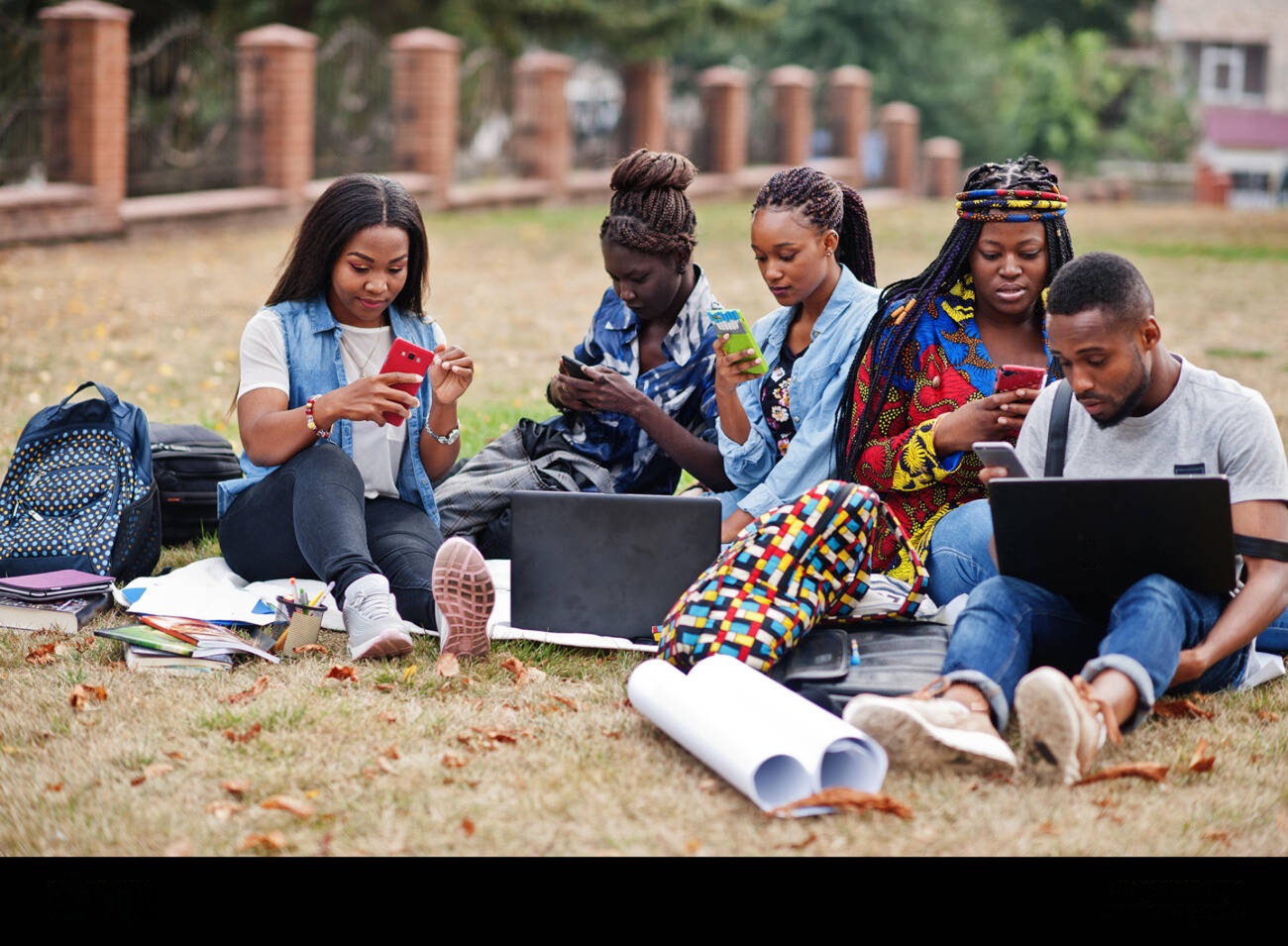Students excitedly get into college with the notion that ‘freedom is here.’ Unlike in high school where a bell always reminds students to attend classes or change from one activity to the other, there are neither bells nor signals to alert a student that it is time for a change in activity.
Time management becomes an individual responsibility. One does things out of free will; either you allot your time to the pressure of self-discipline or pleasure.
A student can strike a balance in their time use in college through these ways:
- Attending lectures
A student should endeavour to constantly attend classes without fail. A lot is lost when a student fails to attend lectures. Some think that they are doing a favour to the lecturers by attending lectures. Sometimes compensating for the missed classes is no joke as some concepts already taught in the missed classes are a hard nut to crack. The main reason behind skiving classes is laziness. Students should combat lassitude by being determined to succeed and have a great future.
- Personal Study
Statistics have proven that the greatest percentage of university students only dig deep into their books when they have a date with examinations. Many do not create time for personal study.
Ipso facto, students should make it a habit to keenly scrutinize and peruse their lecture notes on a daily basis. This actually ensures proper prior exam preparation which prevents poor performance.
To make it effective, students should create and make time for review and revisits of the day’s lectures through reading of notes or making summary notes.
- Sitting for Examinations and CATs
Proper preparation is a prerequisite for excellence. Preparation can be effected through cyclic reading of notes, research through surfing and spending good time in the library, and group discussion among others.
However, students can evade ‘missing marks’ in their respective units by attempting all CATs and assignments alongside the main exam.
What of the extra time?
Students can make good use of their extra time by indulging themselves in clubs and societies. For instance, one may choose to be a member of the Christian Union (CU). This will be of benefit to the students spiritually as they will be strengthened in faith through fellowship with other believers.
On the other hand, one can also choose to nurture, grow and shine in their talents like music and drama. This is through joining the Music and Drama Clubs respectively. Indulging in such will give a student an opportunity to participate in competitions organized by The Kenya Universities Performing Arts and Film Association (KUPAA) festivals. The deft experiences garnered in these festivals expedite the process of fitting in among the diverse cultures of our society.
Furthermore, students should also involve themselves in the AIM Programme (Apprenticeship Internship and Mentorship).
- Apprenticeship
This encompasses learning how to do something from a skilled and seasoned person who is best at what you want to do. For my case, I am getting right the science and art of public speaking from my mentor Victor Ochieng’, who is a polymath, through visiting schools together across the country and delivering the Penman Programmes.
- Internship
Ideally, students go for an internship when they near completion of their course. However, vigilant students can go their way by starting to practice their specialization in the early years of their time in college. If one is studying Hospitality, one can grab the opportunity to gain experience by serving in the Hospitality Department in the Christian Union. That way, a student gains worthwhile experience.
- Mentorship
Slotting time to get along with your mentor helps a student fight the paucity of knowledge and information. This is because a mentor shares wisdom with you to inform, guide and warn you of the pitfalls to look out for to succeed in life.
Finally, going the extra mile through the AIM Programme also helps students fight comradeship poverty as they will always get avenues and channels to earn through the same programme.
By Daniel Muinde
The writer is a student at The Co-operative University of Kenya and a public speaker.
muindedan30@gmail.com 0723882891
Get more stories from our website: Education News
To write to us or offer feedback, you can reach us at: editor@educationnews.co.ke
You can also follow our social media pages on Twitter: Education News KE and Facebook: Education News Newspaper for timely updates.
>>> Click here to read more informed opinions on the country’s education landscape






